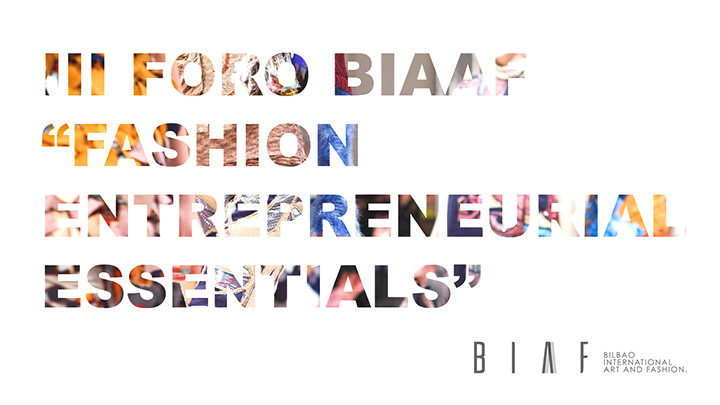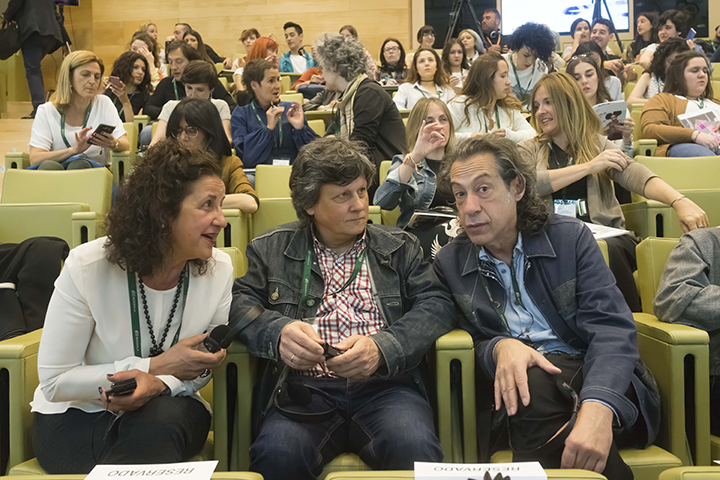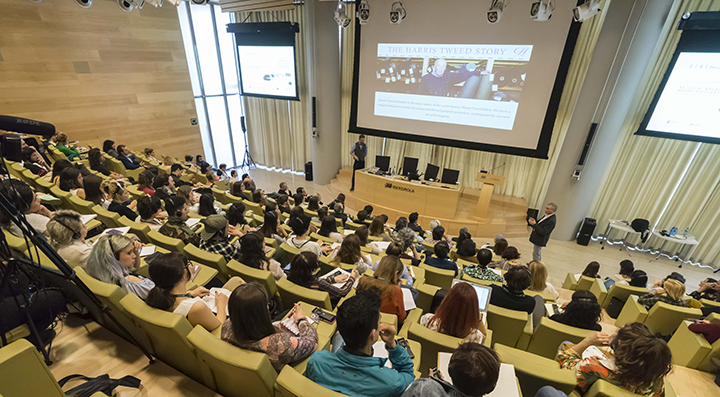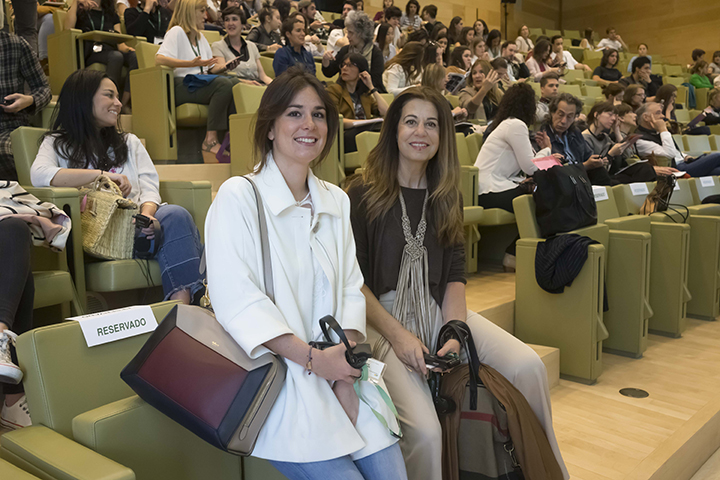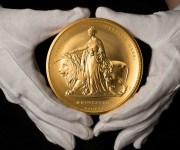By analysing these gigantic data banks, you can predict trends, detect buying patterns, and anticipate consumer needs by giving…
“There is no correlation between product and sales; more products does not mean more sales … but if you have a good brand, digital marketing is effective. Social networks do not work magic”. This is one of the conclusions reached by Jaime Garrastazu, co-founder of the footwear brand Pompeii, who was one of the four speakers who analysed the keys to the future of the fashion sector at the “Imprescindibles para Emprender” (‘Fashion Entrepreneurial Essentials’) forum, held in Bilbao at 11th of May. The event brought together more than 250 experts from the world of fashion and took a look at new business models, innovation, sustainability and the application of new technology to the sector.
Jaime Garrastazu talked about his experience of creating his own start-up at the age of 23, which started operating with a website that cost him 300 euros. Today, two years later, his company has a turnover of nearly 2 million euros, a staff of 23 workers, sells 90% of its production in Spain and has grown by 400%. This is overwhelming evidence that the new business models and innovation in the fashion industry are working.
Mark Hogarth, creative director of the UK’s largest tweed manufacturer, Harris Tweed Hebrides, said that “a return to customs of the past, to more traditional production and techniques, serves Harris Tweed Hebrides not only as a sign of its commitment to sustainable production, but also as the badge of identity that defines it and sets it apart from its competitors”. It is a trademark, an industry and a production process which is protected by law, and the fabric must meet very specific requirements and must be completely handmade in order to be considered ‘Harris Tweed’. Hogarth said that “when an area has a characteristic local product, it is very important to have government protection”. Hogarth worked from 2001 to 2005 as a parliamentary researcher for MP Brian Wilson, who was with him today in Bilbao as president of the brand and ambassador of an industry that he has managed to revitalize.
Today Harris Tweed Hebrides, the oldest registered trademark in the UK, has a staff of 90 people and a network of almost 200 self-employed weavers who work in their own craft workshops. This remote part of Scotland, the Hebrides, exports two-thirds of its production to 60 countries around the world.
Harris Tweed Hebrides has clients such as Chanel, Yves Saint Laurent, Commes des Garçons, Vivienne Westwood or Alexander McQueen, while Topman and Converse have brought this traditional fabric closer to the younger generation. The name Harris Tweed is given to fabric that is hand-made by the inhabitants of the Outer Hebrides Islands in Scotland using virgin wool from the islands.
Isabel Cantista, PhD in Management and Business Studies from the University of Sheffield and a law graduate of the University of Coimbra, has worked for more than a decade in the textile industry in the SONAE group, as Director of Human Resources and Director of Marketing, which has allowed her to gain experience in two very different sectors.
Her main interest in research and consultancy lies in innovation, as she explained this morning at the Forum, especially in the fashion and luxury industry, with special attention to models of sustainable development. For Cantista, “the key global challenges for any entrepreneur include innovation and sustainable business development models which must analyse the target audience very carefully”.
James Clark, a senior lecturer at the London College of Fashion, looked at the opportunities the digital environment offers in fashion marketing, especially how the use of big data makes it easier for a product manager to decide which product to choose, how much to buy and when to put it on sale to maximize profit. “By analysing these gigantic data banks, you can predict trends, detect buying patterns, and anticipate consumer needs by giving them what they want before they even know it”, says Clark.
He envisages a fashion industry where price will not necessarily depend on the product manager’s ability to set margins and where Business to Consumer (B2C) relationships could become extremely personal.
He wanted to emphasize that “today you can take business decisions anywhere in the world; we are interconnected”. He also talked about giants like Amazon, for example, which relies on algorithms to customize its relationship with each customer.

